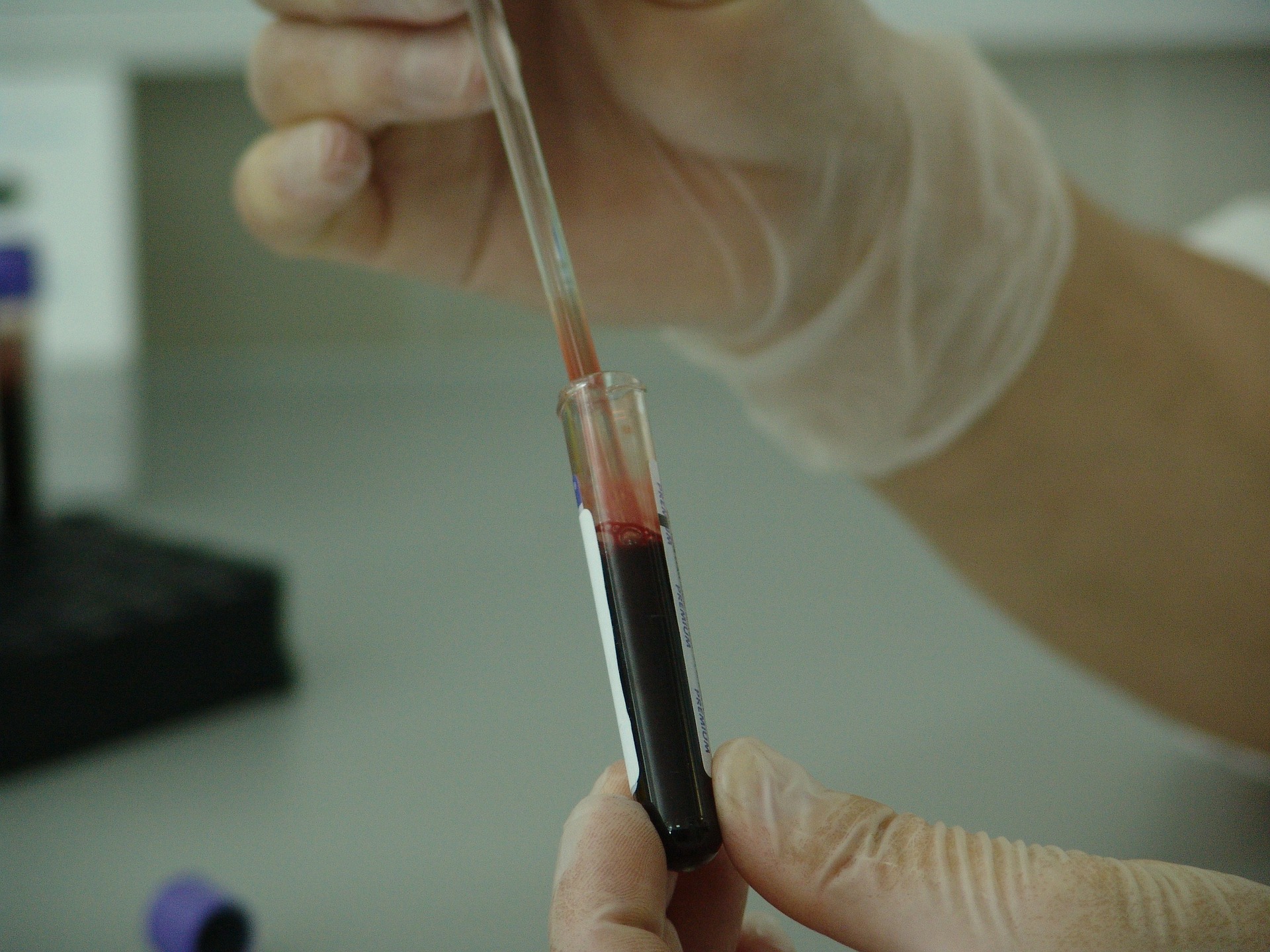New and rare diseases are discovered daily, and, unfortunately, that means that it takes time to find the best methods of treatment to help those in need. One such disease, known as X-linked severe combined immunodeficiency (SCID-X1), may now be treatable thanks to new findings, which will be presented at the 57th annual meeting of the American Society of Hematology in Orlando, Florida Dec. 5-8.
Researchers at the National Institute of Allergy and Infectious Diseases found that gene therapy may be able to rebuild the immune systems of older children, adolescents and young adults who suffer from the disease. Primarily found in males, SCID-X1 is caused by mutations in the IL2RG gene, and inhibits the proper growth and development of immune cells. Because the development of those cells is stunted, patients with the disease are likely to develop life-threatening infections.
In the study, researchers studied five SCID-X1 patients between the ages of 7 and 24 who were being treated with a combination of gene therapy with low-dose chemotherapy. All subjects had previously obtained stem cell transplants from a parent and had worsening immune systems. To treat them, the scientists removed stem cells from the patients’ bone marrow and used a lentiviral vector to put a normal IL2RG gene into the cells. After each individual received a round of chemotherapy, the cells were put back into their bone marrow to help the stem cells develop and start producing new blood cells.
The first two patients who received the new form of treatment displayed significant improvements in their immunity and clinical statuses; however, one of those patients died due to pre-existing lung damage. The three other patients in the study received treatment between three and six months ago and continually show improvements. All surviving patients are continually being monitored.
Prior to the research, the only known way to treat and save a patient with SCID-X1 was through stem cell transplants, ideally from siblings. If a genetically-matched sibling donor, then a parent can choose to donate stem cells, but the child will only develop partial immunity thereafter; however, regardless of where the transplant originates, the patient will still require treatment for the rest of their lives and will likely experience chronic medical issues.
In other health coverage here at Immortal News, the FDA approved a new drug to treat a rare lung disease.
























